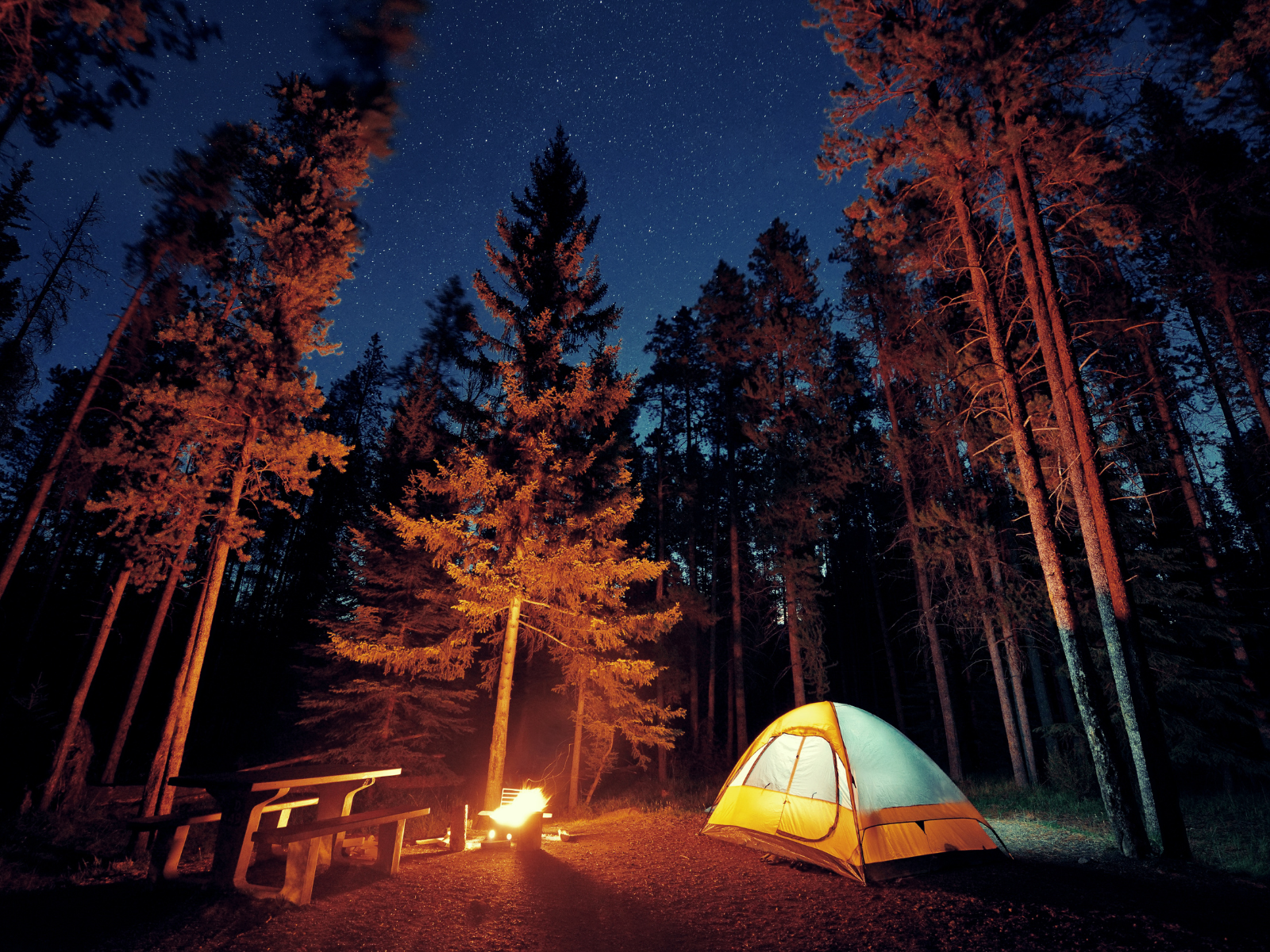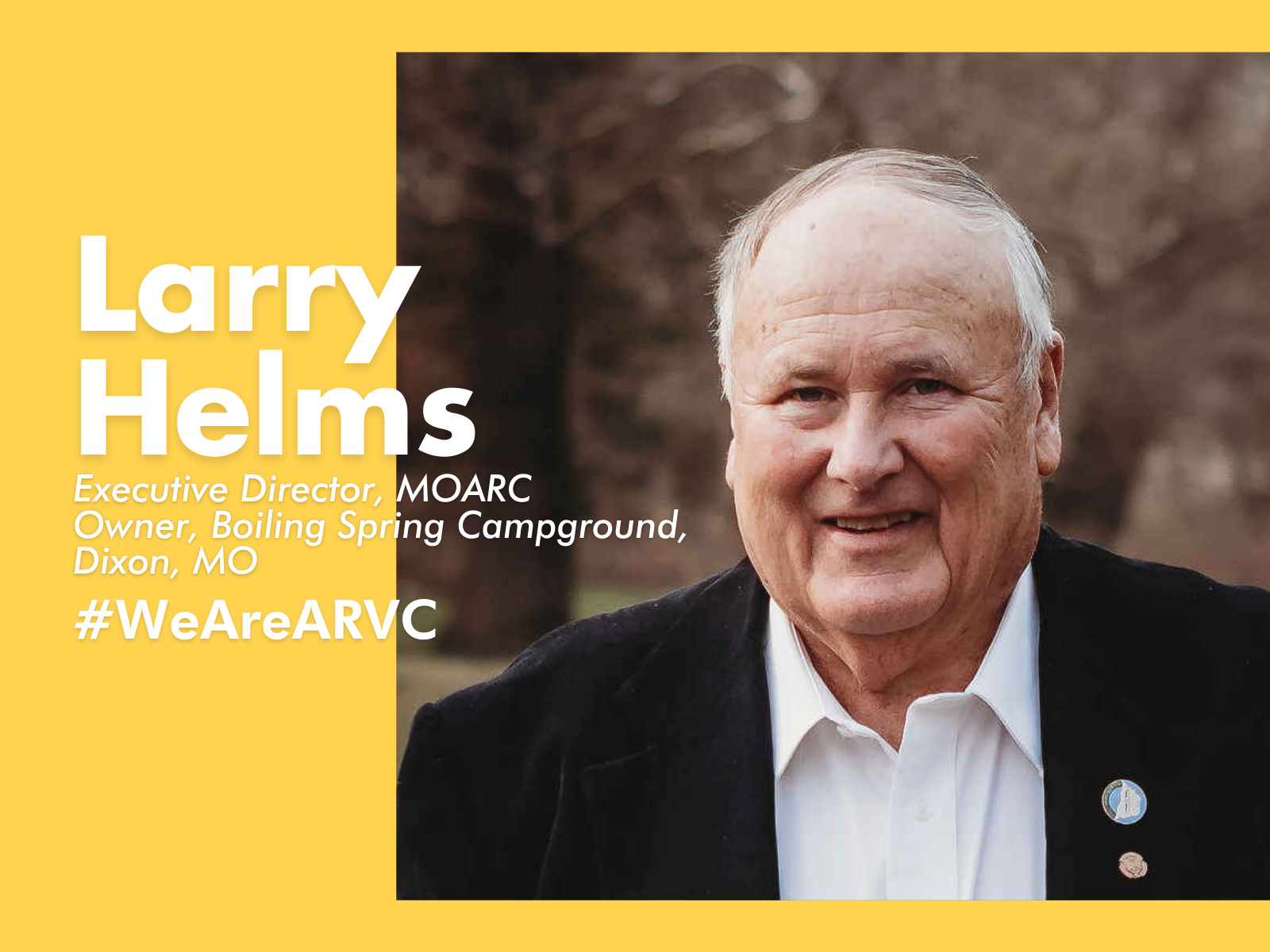As we get into the upcoming travel season, one that looks like it will be the busiest in over a year, it’s
time to get to the bottom of what travelers really want. Travelers are excited and preparing to camp this
summer after getting a taste for the outdoors during the pandemic. To help campgrounds prepare for
these visitors in the post-pandemic climate, RMS conducted independent research on consumer travel
preferences. After surveying 350+ people, here are three key takeaways:
1. Travelers know exactly where they want to go
53.4 percent of consumers surveyed want to travel within driving distance (300 miles or less), and 22.3
percent of travelers are prioritizing specific travel destinations, such as Disneyland or the beach. People
are starting to fly more now with the increased vaccination rate, but the RMS research indicates that the
preference is still local travel. Due to remote-work options, and residual caution, consumers prefer
structured travel destinations and controlled travel methods, such as driving and pre-planned, local
activities. Campground operators can use this to their advantage by partnering with local destinations,
ensuring visitors know that their property is right around the corner and ready for their visit. Advertise
plenty of local destination options to make their decision to stay with you as convenient and enticing as
possible. Consider offering rideshare vouchers or other shuttle services to local destinations as
well—and be sure to promote these amenities prominently.
2. Word-of-mouth and review sites reign supreme
According to the RMS research, 35.1 percent of consumers surveyed indicated that review sites such as
Yelp, Google, and TripAdvisor have the most influence on a traveler’s decision. These tools are far more
influential than Facebook and Instagram—so you may want to focus on encouraging positive reviews and
adding images to those sites as opposed to social media only. In a close second, word-of-mouth
recommendations influence destination choices as well, so be sure local businesses that may attract
out-of-towners know about your property and are ready to provide a recommendation—and maybe
even offer a promotion.
3. Campground cleanliness is a top priority for travelers
Cleanliness has always been a big factor for travelers, but even more so post pandemic. 28.6 percent of
travelers surveyed responded that a clean campground is now the top concern while selecting a
property. This preference is so important to travelers that it beats out access to hiking, trails, and water,
incentives for longer stays, access to WIFI, and ease of booking as the top response! Traditionally,
campground destinations provide campers with peace, fun, security, and opportunities for quality time
with loved ones. Campground operators can make guests feel safe by providing touchless amenities and
digital communications (emails and SMS) about safety and cleanliness through your reservation
software. Last but not least, maintain a tidy campground and request reviews! As stated above,
word-of-mouth can go a long way in creating trust with your future visitors.
2021 looks to be one of the busiest camping seasons in recent history, so you’ll want to be prepared.
People may still be warming up to flying, but the relaxing of travel restrictions will continue to bring
visitors to your properties. Remember to focus on cleanliness, review sites, and spreading the good
about your property, and you’ll be off to a great start to the summer season.
The three takeaways above are only the tip of the iceberg when it comes to consumer travel data from
RMS. Download the full report to learn more.
For more information about RMS, contact:
Adelle Rodriguez, Director of Marketing at RMS North America
With more than 12 years of marketing experience across tech and hospitality spaces, Adelle is dedicated to
creating great experiences for owners and operators. As the Director of Marketing at RMS North
America, she is responsible for bringing technology and education directly to owners and operators.






Leave A Comment